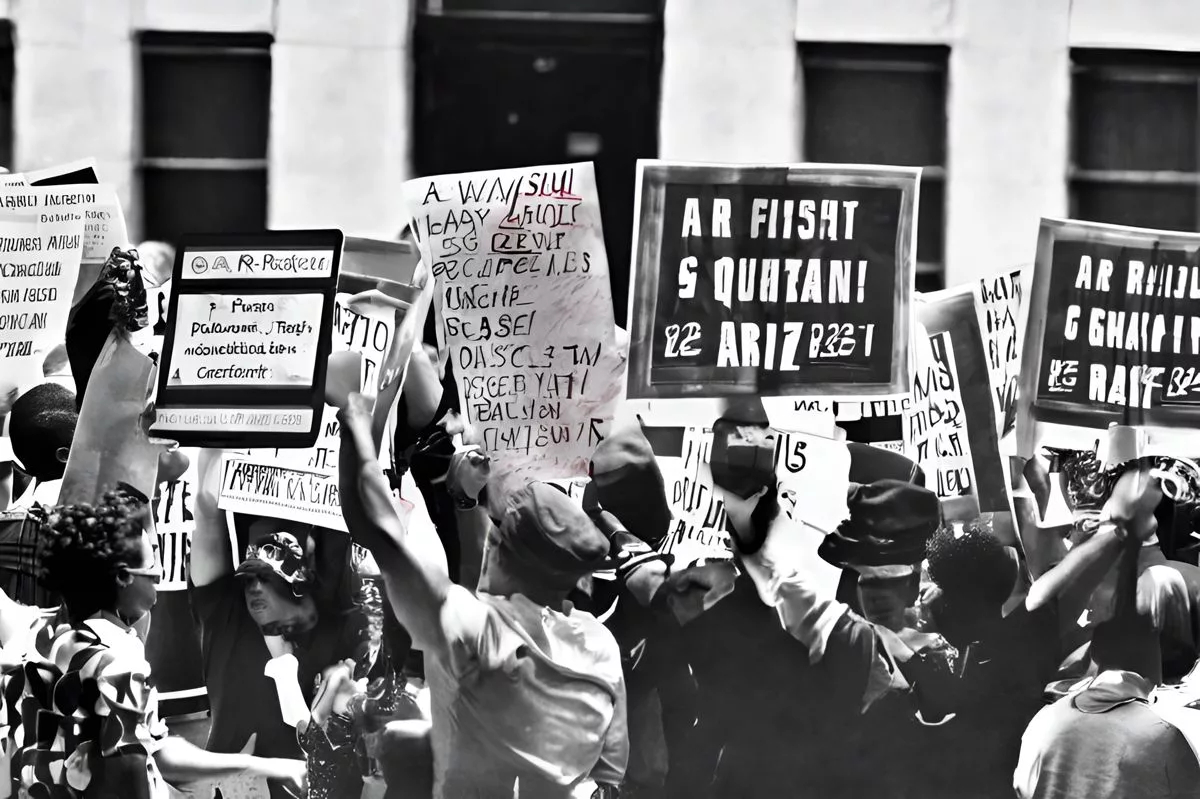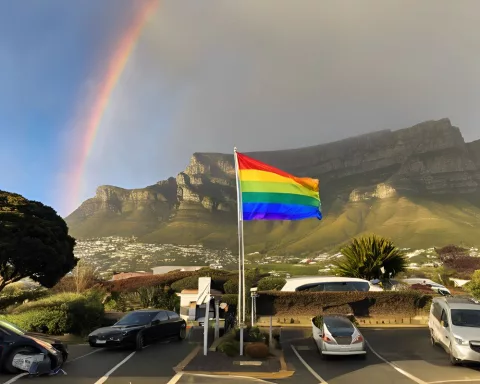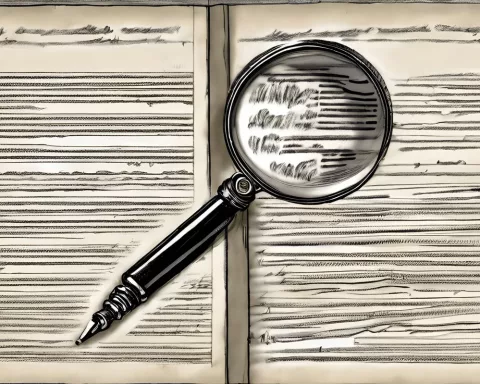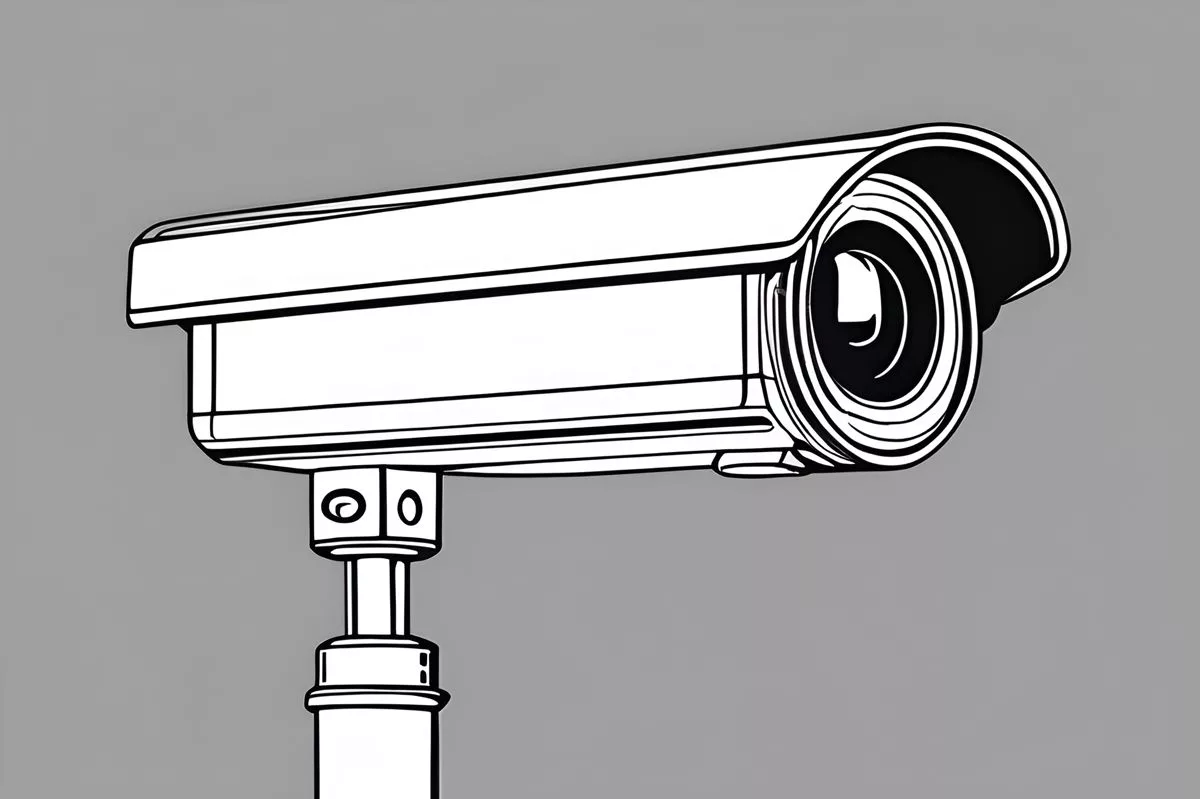Protests have played a significant role in the history of South Africa’s fight for justice and fair treatment. The psychology behind the South African protest movement, known as the toyi-toyi, stems from a sense of dissatisfaction and the pursuit of fairness. When protests are done correctly, they can be a powerful form of expression, highlighting the potency of speaking out, the power of collective action, and the effectiveness of peaceful resistance. The right to protest is guaranteed by the South African Constitution, and protesters must comply with legal requirements for a safe and authoritative platform.
What is the psychology behind the South African protest movement?
South Africa has a strong tradition of dissent, with protests playing a significant role in the country’s history. The psychology behind the South African protest movement, the toyi-toyi, stems from a tale of dissatisfaction and a pursuit of fairness. Protests are a powerful form of expression when done correctly, and they highlight the potency of speaking out, the power of collective action, and the effectiveness of peaceful resistance.
The Power of Protest in South Africa’s History
In the vibrant chronology of Southern Africa, protests play a significant role. This region has a strong tradition of dissent, mirroring the famous Shakespearean phrase “The lady doth protest too much, methinks.” The history of South Africa’s stand against issues such as university fees or joblessness is as colorful as it is crucial. This leads us to explore the psychology behind the South African protest movement, the toyi-toyi. What inspires South Africans to raise their voices, burn tyres, or rally to Parliament in droves? It’s a tale of dissatisfaction and a pursuit of fairness, revealing the powerful psychological dynamics embedded in protests.
According to the Cambridge Dictionary, protest is defined as ‘a strong complaint.’ This suggests an action taken when discontent reaches a climax, or the sensation of being ignored becomes intolerable. South Africa’s history is marked by such powerful complaints, particularly against the former South African government.
Ideally, protests should be a non-violent form of expression. The challenge lies in organizing a lawful march, a dissenting expression that follows certain rules and requires formal authorization. In contrast, an unlawful march may result in police intervention and the participants potentially held accountable for crimes and damages.
The Legalities and Responsibilities of Protesting
The Constitution of South Africa guarantees the right to protest, provided that it is done correctly. South Africans, in order to exercise this constitutional right, must comply with legal requirements. These include notifying the local authority and designating a person in charge. As a result, a lawful protest becomes a safe and authoritative platform.
The South African Police Service (SAPS) offers a means to register a lawful march, thus empowering citizens to express their concerns responsibly. It is a privilege, with the responsibility of its proper exercise resting on the protesters. Resources such as the ProtestGuide provide insight into the process and emphasize the government’s position against violent actions.
The tradition of peaceful protests during Nelson Mandela’s tenure as a lawyer and activist underscores the significance of voicing dissent responsibly. An impactful protest can send a message without resorting to harm or destruction. It is a unifying act that should foster solidarity, not detachment from shared human values.
The Voice of the People: Prominent Protests in South Africa
South Africa’s history boasts numerous famous protest actions. These dissenting expressions are so numerous that they warrant their own Wikipedia page. They vary from blockades and marches to temporary occupations, expressing opposition against issues such as apartheid, high fees, public and private corruption, and low salaries.
These actions demonstrate the potency of speaking out. They highlight the concept that protest, when done correctly, is more than just a reaction– it’s a proactive measure towards change. They exemplify the power of collective action, of unity and dissent, of raising placards not only in the air but in the face of injustice as well.
Even though the act of protesting in South Africa has historic roots, it remains relevant today. It serves as a tribute to the resilient spirit of the people, their dedication to justice, and their resistance to being silenced. It showcases the power of unity, the effectiveness of peaceful resistance, and the irrefutable fact that when the masses voice their concerns, the world is compelled to pay attention.
The Cultural and Political Significance of Protests in South Africa
For South Africans, protesting transcends mere demonstration; it represents their shared past, a potent cultural and political instrument, and a symbol of hope for a fairer future. As long as there are causes to advocate for, and voices that need to be heard, this tradition of dissent will persist in resonating through the streets and the annals of South African history.
Is the right to protest guaranteed by the South African Constitution?
Yes, the right to protest is guaranteed by the South African Constitution, but protesters must comply with legal requirements for a safe and authoritative platform.
What are the legal requirements for a lawful protest in South Africa?
To exercise the constitutional right to protest in South Africa, legal requirements must be followed, including notifying the local authority and designating a person in charge. The South African Police Service (SAPS) offers a means to register a lawful march.
Are protests in South Africa always non-violent?
Ideally, protests should be a non-violent form of expression. The challenge lies in organizing a lawful march that follows certain rules and requires formal authorization. An unlawful march may result in police intervention and the participants potentially held accountable for crimes and damages.
What are some famous protests in South Africa’s history?
South Africa has a long and rich history of protests that have played a significant role in the country’s fight for justice and fair treatment. These famous protest actions vary from blockades and marches to temporary occupations, expressing opposition against issues such as apartheid, high fees, public and private corruption, and low salaries.
What is the significance of protesting in South African culture and politics?
For South Africans, protesting transcends mere demonstration; it represents their shared past, a potent cultural and political instrument, and a symbol of hope for a fairer future. Protesting showcases the power of unity, the effectiveness of peaceful resistance, and the irrefutable fact that when the masses voice their concerns, the world is compelled to pay attention.
How can individuals learn more about the process of protesting in South Africa?
Resources such as the ProtestGuide provide insight into the process of lawful protesting in South Africa and emphasize the government’s position against violent actions. Individuals can also contact the South African Police Service for information on registering a lawful march.











